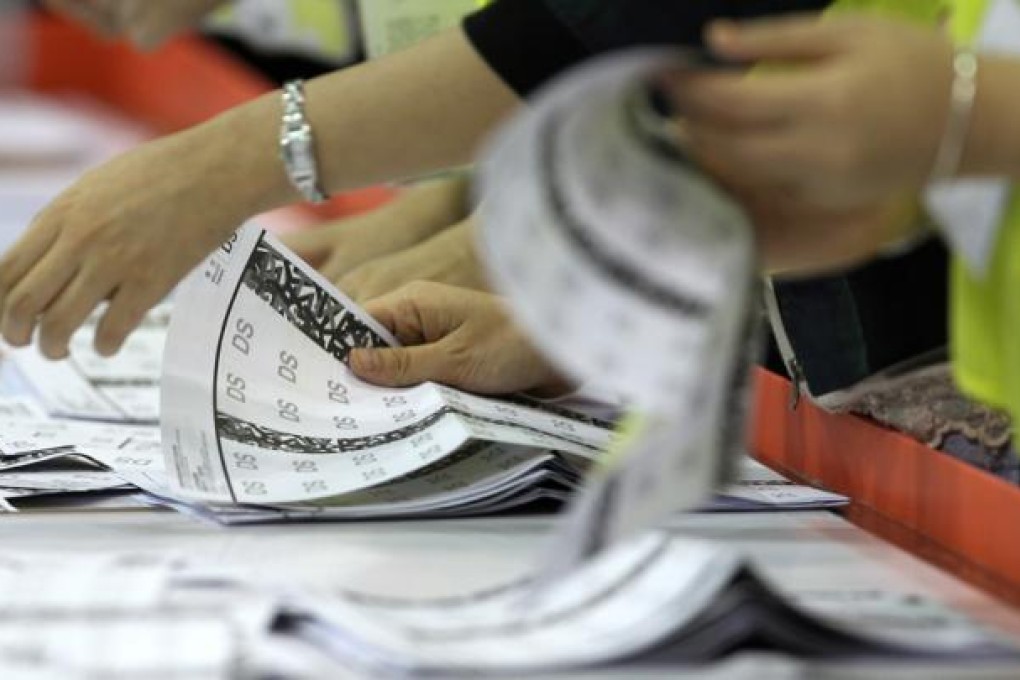Hong Kong doesn't need democracy lite
Regina Ip laments that the rights and responsibilities that come with democratic development have not been fully understood, in particularby those who reduce them to campaign slogans

Observers of the Legislative Council election earlier this month would have been disappointed if they had looked for a "game-changing" debate between the candidates from the pan-democrat and pro-establishment camps, in the mould of the Nixon-Kennedy duel in the first televised US presidential debate in 1960, or the leaders' debate between then British prime minister Gordon Brown and his challengers David Cameron and Nick Clegg in April 2010.
It was particularly disappointing because there was no lack of issues worthy of serious discussion. Apart from various socio-economic issues likely to dominate the new legislative agenda, such as standard working hours and the need for "universal retirement benefits", one issue stood out during the campaign - namely, what are the core values of Hong Kong?
Indeed, many pan-democrat candidates made "defending Hong Kong's core values", "safeguarding Hong Kong", or "preventing Hong Kong from turning red or being subsumed by mainland China" a central theme of their platforms. Even some candidates from the pro-establishment camp made "saying no to the government" or "standing firm against Article 23 of the Basic Law" their chief slogan.
It is a pity that, because of the number of candidates, the debate forums organised by the television networks generally allowed candidates at most one minute to introduce themselves, and three minutes to present their policy platforms, during which time other candidates were allowed to interrupt or talk over them. The televised sessions are more like high-decibel shouting matches, and quickly degenerated into strident, personal attacks.
The debate on Hong Kong's core values barely got under way during the election. For the sake of a better understanding of Hong Kong, it is well worth the effort to pick up the pieces and tease out the issues involved.
Candidates clearly wanted to capitalise on Hong Kong people's fear of being subsumed into mainland China's way of life. In the past year, cases of alleged human rights abuse, the elite power struggles on the mainland, plus recurrent distrust of its food safety and hygiene standards have reinforced Hong Kong people's wish to be kept separate from the mainland. This, despite Hong Kong being an integral part of the country and ever more dependent on the mainland for food, water and business.
What constitute Hong Kong's core values? Implicit in the pan-democrats' clarion call to "defend Hong Kong" is their canonisation of the rule of law, individual rights and freedoms, and a democratic system of government. Unfortunately, while large numbers of people have latched on to these buzzwords as the be-all and end-all, few have fully understood their meaning.